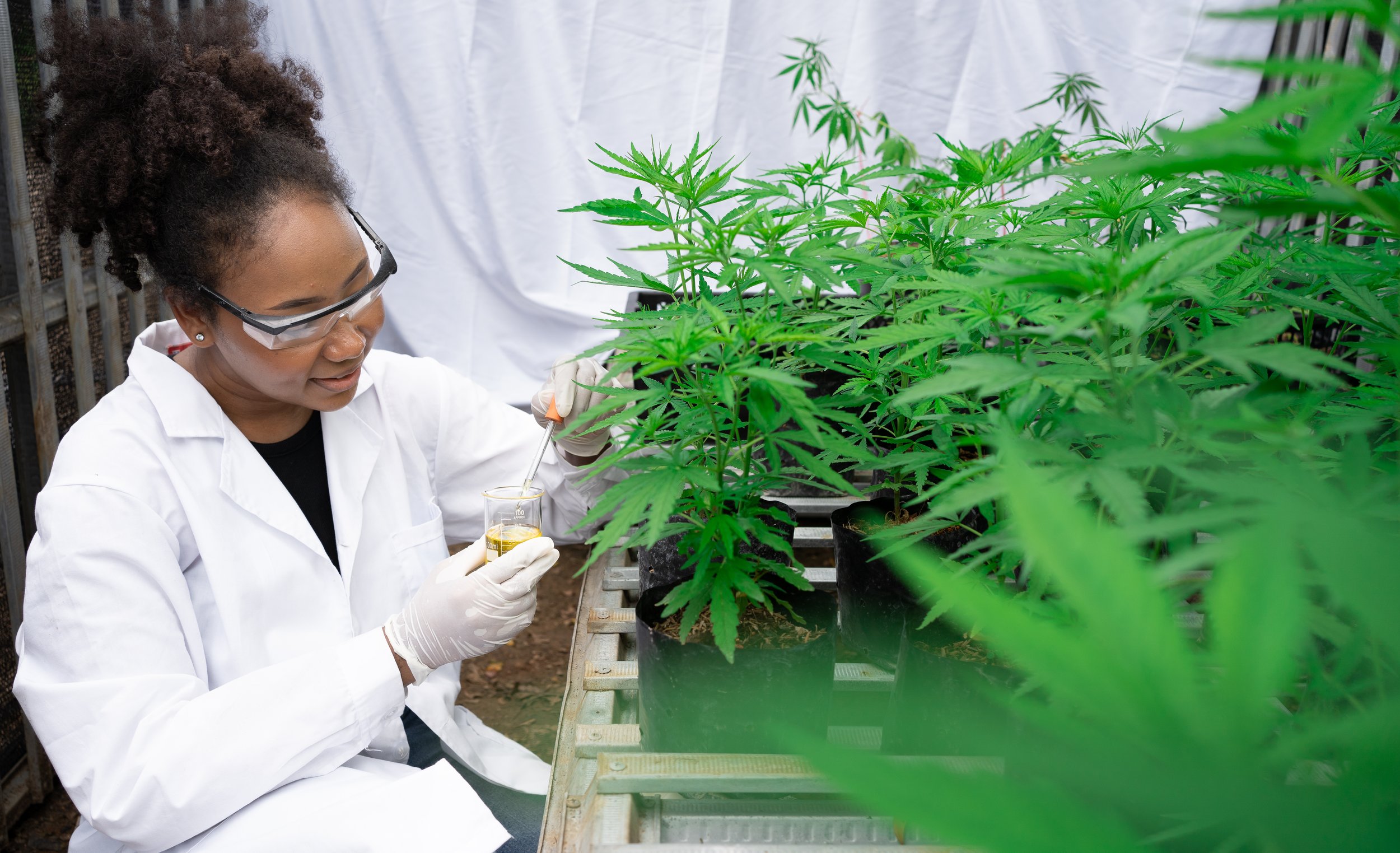
Know the facts.
Legal cannabis was meant to level the playing field. Now it’s under attack.
Illinois’ legal cannabis industry was built to create opportunity. It was designed to address the harms of the War on Drugs by prioritizing minority entrepreneurs, creating pathways for local ownership, and generating tax revenue to invest in communities that have long been left behind. But unregulated intoxicating hemp products are threatening that progress.
These products — often chemically modified to mimic THC — aren’t grown in Illinois, aren’t taxed, and don’t go through the rigorous licensing process that legal cannabis businesses must navigate. That means legitimate, community-based entrepreneurs are being forced to compete with a shadow market that plays by none of the rules, undermining equity, investment, and job creation across the state.
The risks don’t stop at the economy—they affect public health, too.
Unregulated hemp products are widely available online and in stores, often with no age restrictions, no ID checks, and no labeling requirements. Many are packaged like candy, with no visible THC warnings, making them especially dangerous to minors and young children.
Worse, these products are not subject to any testing for potency, contaminants, or dosage. Consumers have no way of knowing what they’re taking, or how much.
Legal cannabis was built to be different.
In Illinois, all legal cannabis must be grown in-state and sold by licensed dispensaries. Every product is tested, labeled, and tracked—from cultivation to point of sale. Sales are strictly limited to adults 21 and over, and dispensaries are held to high standards of security and compliance.

